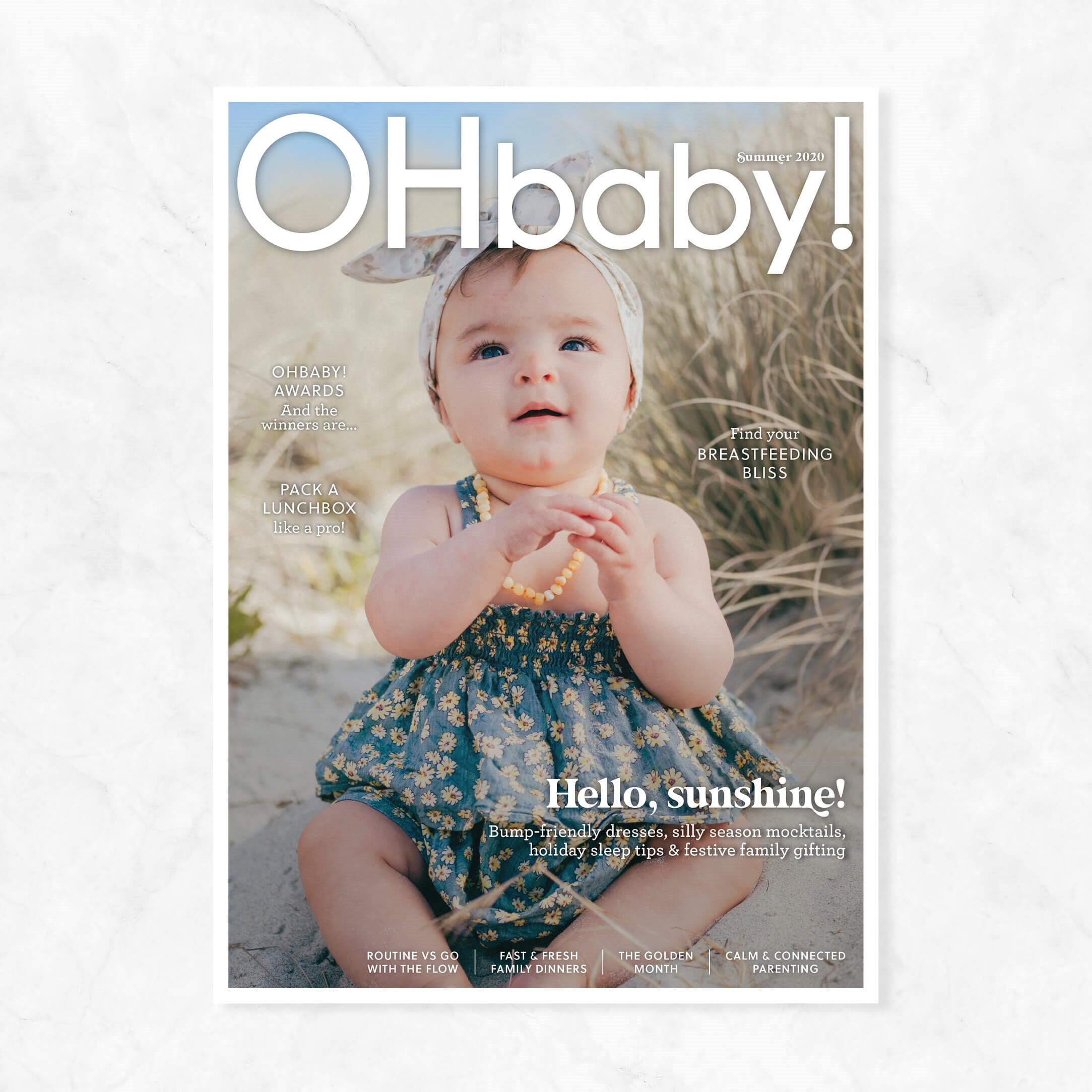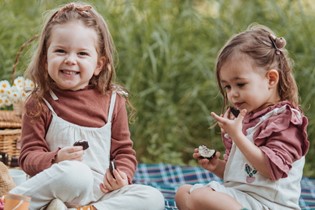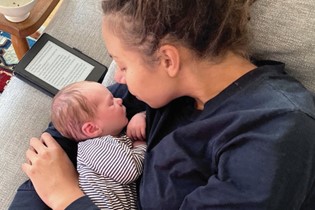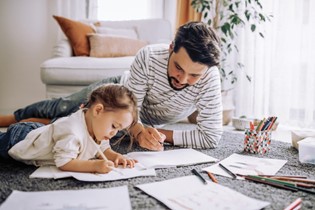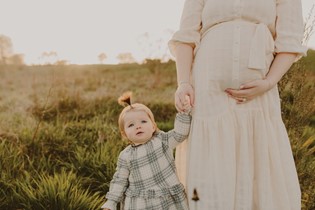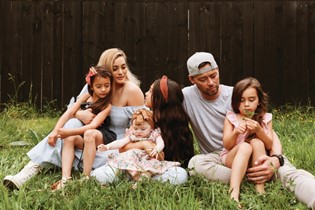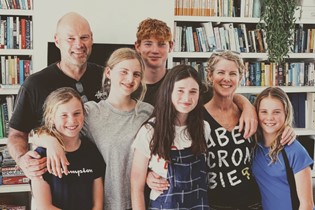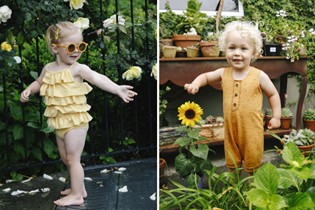Interview with Shirley Pastiroff, author of The Mindful Parent
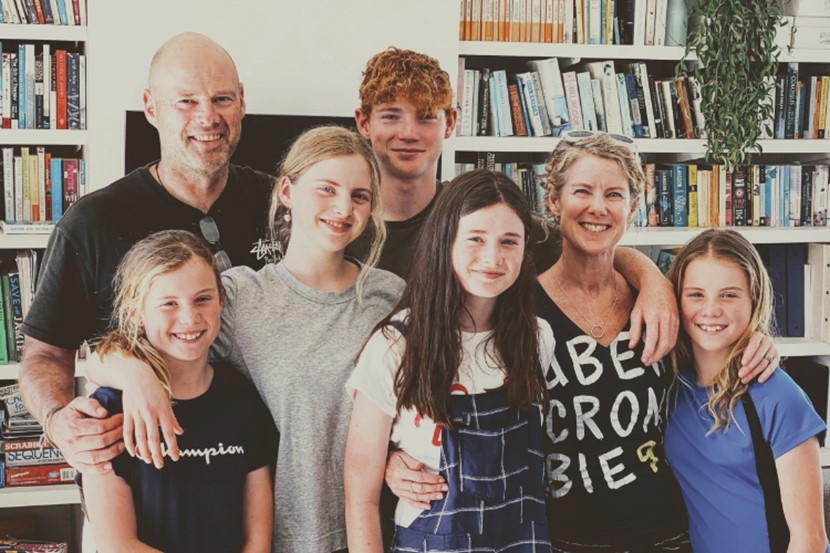
Q: We loved your book Shirley, but how on earth did you find the time to write it in between juggling work and your five kids?!
A: Looking back I'm not sure exactly how I wrote the book. It took me about four years to finish it. I'd love to say that's because I have a busy life and home, but it's mostly because I find consistency really difficult. I have one of those quirky brains that craves order, but finds it more natural to be a bit messy and muddly in most things – so I just muddled through. I tried a few writing schedules that I knew other authors had found helpful, like three hours every Saturday morning, or every Monday during school hours, but it took me so long to settle and figure out where I had got up to the week before, I often took three steps back and only a couple forward. I discovered I had to be completely immersed to get momentum, so in the end I disappeared off for a couple of intensive writing weeks and wrote for ten hours a day, hidden away in a friend's bach or a cabin in the woods. My husband, who shouldered the family load, has decided his first publication will be called, “How to parent while your wife is writing a parenting book.”
Q: How do you feel now that it’s published?
A: I still pinch myself when I see that pile of sunny yellow books in my therapy room. It feels like they have a life of their own now, which I love. I get stopped regularly by local parents to tell me how the material is changing their homes, and emails from further afield with incredible stories of relationships recovered – between parents and kids where there has been tension and maybe some distance developing, of change in age-old patterns of behaviour, and most importantly of parents rediscovering their own enjoyment of life.
Q: What are the most common problems parents come to you with?
A: Most parents understandably come to discuss their concerns about their children – their intense emotions, conflict in sibling relationships, screen-time dramas, low resilience, violent outbursts, sense of entitlement and lack of responsibility or respect are among some of the top areas of concern for many of the parents I see.
Q: What are your top tips for parents?
A: Mindful parenting is a bit of a departure from a more classic understanding of parenting which works on a behavioural model, where parents learn which behaviours to consequence and which to reward and how, in order to get the most helpful responses from their children. The secret, that really shouldn't be a secret anymore, is that healthy connection (not good behaviour) causes a child to thrive. It's a much, much simpler system than what we’ve been led to believe.
When a child grows up in a low-stress household, they do really well on all the markers for good mental health. That covers everything from their relationship with themselves, to their friendships, their learning, their connection to their wider community and environment, and their resilience in the face of adversity. So the key factor in healthy child and teenage development is how we as parents live our lives and feel about ourselves.
Initially this idea can produce a sense of guilt for many parents, but it’s actually deeply liberating. The agency we have over anyone else – our boss, neighbour, partner, friends, as well as our children – is pretty limited. When we learn how to de-stress our own lives in really small ways, the knock-on effect on our children and of course on their behaviour (the holy grail for us parents) is incremental, but also incredible. So the way I work with parents is to take them gently through their own day-to-day lives, their working lives, their relationships with each other, as well as the trigger areas with each child, and teach them really simple mindful strategies so they develop a toolkit they can use to stay responsive rather than reactive, even in the face of really intense and demanding family dynamics.
Q: Some might think mindfulness is just a buzzword, and that it feels like yet another thing on the to-do list. Tell us what mindfulness means to you, and why it is such a game-changer.
A: I came across mindfulness as part of my counselling training a few years ago. It was just one of the ways I was encouraged to work with my clients and become better at my job. At the time I had no understanding of my brain chemistry, and I couldn’t put the pieces together in my mind. I like things to be practical or have a direct application, and I couldn’t understand how paying attention to my breathing, or chewing a raisin slowly and intentionally, would help me or my clients in our everyday lives at all. So I didn’t pursue mindfulness at that stage.
When mindfulness is explained without referring to the chemical shifts that take place in our brain, it often makes sense only to those who are already drawn to ‘being in the moment’, and for them it’s an easy sell. The rest of us need something more. If we’re trying to be less stressed but still get all the things done we need to get done, and maybe become a calmer parent or be more present for our children, surely it makes sense to become more efficient or more competent, rather than slow down and pay attention to small things? It took me a second introduction to discover that mindfulness fundamentally changes the structure of our brain, measurably, over a relatively short period of time.
With a few minutes of practise every day, structures in our brain that control our reactive responses, our memory, our learning capacity and our empathy towards others all change. Practising mindfulness is a little like going to the gym. Our brain develops in fitness and health and we naturally slow down, notice what's around us, become calmer, grow in joy, deepen our relationships, develop healthy boundaries, and still get more done, which is a win-win in my book.
READ AN EXCERPT FROM SHIRLEY'S BOOK
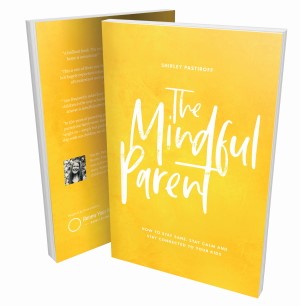 Shirley lives in Auckland with her husband Simon and their five kids. She's a counsellor and parent coach at Renew Your Mind, renewyourmind.co.nz
Shirley lives in Auckland with her husband Simon and their five kids. She's a counsellor and parent coach at Renew Your Mind, renewyourmind.co.nz

AS FEATURED IN ISSUE 52 OF OHbaby! MAGAZINE. CHECK OUT OTHER ARTICLES IN THIS ISSUE BELOW
